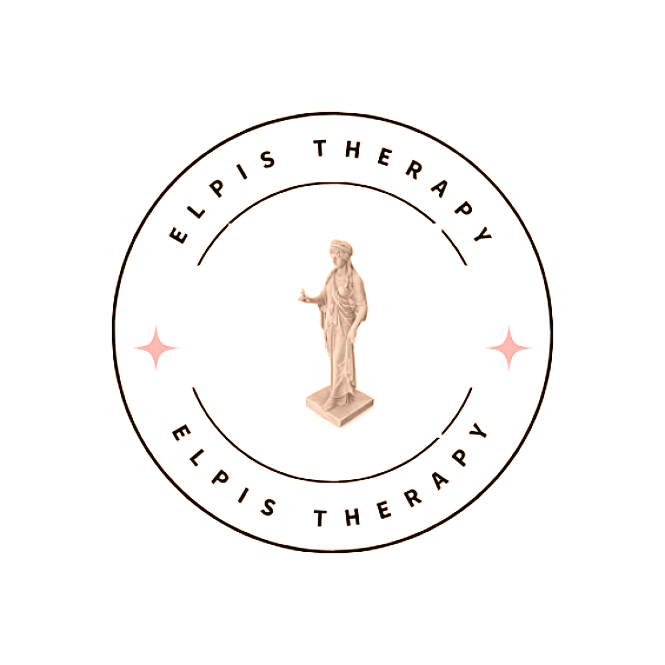How to break emotional entanglement after ending the relationship with a self-absorbed person
What is emotional entanglement?
Has it ever happened that you met someone and lost track of time because everything about them was captivating? The connection felt so strong that your body flooded with dopamine. You joked, they joked; you laughed, they laughed. You felt that they truly understood what you were feeling, as though the bond went beyond words.
This phenomenon is deeply tied to our mirror neurons. Mirror neurons are specialized brain cells that activate not only when we perform an action but also when we observe someone else performing it. They play a key role in how we learn, connect emotionally, and understand the inner states of others. Because of them, we yawn when someone else yawns, smile when others smile, and instinctively respond when we see someone crying. When someone shares a story, our mirror neurons help us feel the emotions behind it. Likewise, when another person speaks kind words, spends time with us, writes poems, or brings flowers, our mirror neurons prompt us to respond with warmth. However, because mirror neurons work based on perception, and perception can be inaccurate, what feels real is not always what it seems.
Self-absorbed people, for example, often struggle with empathy. Many have experienced trauma or emotional neglect during childhood, growing up with caregivers who dismissed their needs, punished vulnerability, or offered love only conditionally. A child whose tears were seen as weakness, or whose need for consistency was ignored, learned to disconnect emotionally and adapt for survival. Some children became hypervigilant to gauge safety, others strived for perfection to gain fleeting approval. When parents rewarded achievements but withheld affection, children internalized the belief that love must be earned. If caregivers manipulated or demeaned others, children often absorbed these patterns as models for relating. Ultimately, they learned that attention and affection were unpredictable - short bursts followed by withdrawal - teaching them that love was conditional.
As adults, self-absorbed people become keen observers. They mirror body language, speech patterns, interests, and behaviors to create the illusion of deep connection. During the idealization phase, they shower you with attention, praise, affection, and validation to gain trust. This stimulates your brain to release dopamine, generating feelings of joy and exhilaration that reinforce the bond. Yet beneath the surface, they remain guarded and vigilant, assessing whether you can fully meet their needs. Because they never experienced unconditional love, their displays of affection resemble their caregivers’ inconsistent patterns - moments of closeness quickly followed by withdrawal.
When their needs are unmet, they may suddenly pull away, giving you the silent treatment, withholding affection, or disengaging entirely (the discarding phase). You may cling to the relationship, longing for the connection you first felt and chasing the dopamine rush of validation. During the devaluation phase, self-absorbed people deliberately alternate between attention and withdrawal, keeping you off balance and emotionally dependent. If you try to leave, they may re-engage with promises and flattery - the hoovering phase - to pull you back in. Over time, this cycle of highs and lows creates emotional entanglement. You feel addicted to the very person who continuously wounds you.
Breaking free from emotional entanglement requires physical, emotional, and mental space. It is essential to create distance from the self-absorbed person so your energy can be preserved rather than drained. You may also need distance from other stressors that sap your strength. Without this space, it becomes difficult to pause, reflect, and reconnect with yourself.
Do not fear being accused of “silent treatment.” This kind of silence is not manipulation - it is a boundary. It is your way of protecting and healing yourself. You do not need to justify or explain your silence. They may resist, because your reconnection with yourself threatens their control. But you get to choose when and if you communicate again - whether a month, two months, or longer. Use silence to observe patterns, reflect on how their behaviors made you feel, and reconnect with your own needs and desires. Ask yourself: Do I truly love myself? Do I deserve scraps of affection? Do I want a relationship that leaves me confused and lonely, or one that nurtures peace and reciprocity?
When you love yourself, being alone no longer feels uncomfortable or shameful. You stop tolerating mistreatment and know that real love is reciprocal - where giving and receiving flow naturally, without demands or conditions. True love is found in someone who can hold you in your tears, not punish you for them. It is a love that offers peace, safety, and acceptance, both within you and around you.
